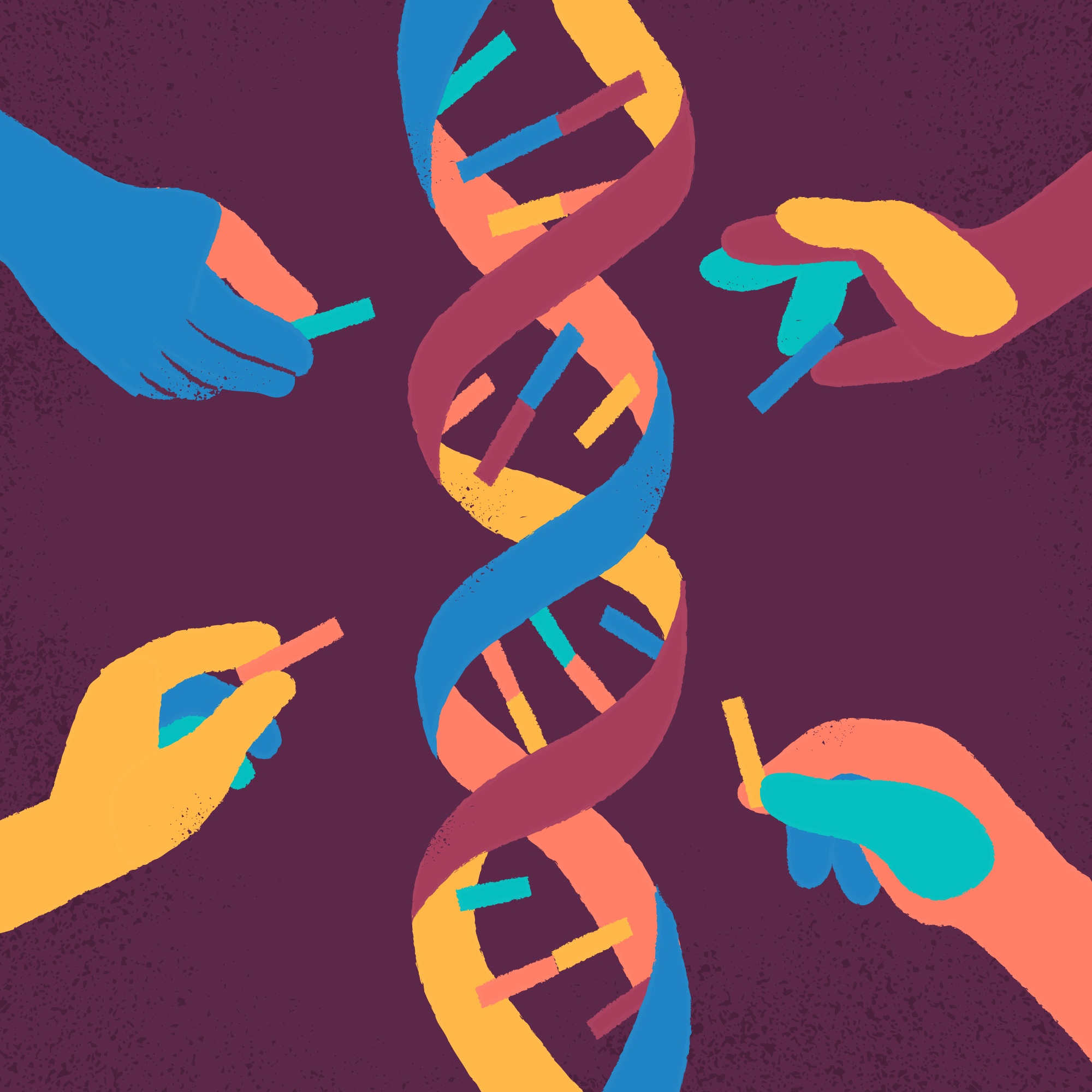Unlocking the Power of ‘Skinny Genes’: Can Genetics Transform Weight Loss?

Researchers have unveiled intriguing insights into the role genetics play in weight loss, revealing that certain “skinny genes” may enhance fat-burning abilities during exercise. In a recent study, participants with these genes lost significantly more weight than those without. Conducted over eight weeks, the study examined 38 adults aged 20 to 40, assigning them randomly to either an exercise group or a control group. The findings suggest genetics could potentially shape future interventions for weight loss, though they also underscore the necessity of diet and exercise for effective results.
The study focused on 1,000 genes, identifying 14 “skinny genes” that appear to collaborate in aiding weight loss. Notably, participants in the exercise group with the highest number of these genes shed up to 5 kg (approximately 11 lbs), compared to an average of 2 kg (around 4.4 lbs) lost by those without them. The PARGC1A gene emerged as particularly significant, encoding for PGC-1α, a regulator of energy metabolism and mitochondrial function. This gene was prevalent among participants who experienced the most weight loss.
“In short if you have this gene and someone does not, it could be speculated that you will one, have more energy than them, and two, be able to burn more fat into working energy rather than storing it — this gene is roughly in 20-40% of the world population.” – Ali
The study highlights that these genes are involved in key systems like fat metabolism. They work together to enhance weight loss effects rather than functioning independently. Exercise plays a crucial role by increasing proteins such as CD36/FAT (fatty acid translocase) and FABP (fatty acid-binding proteins), facilitating the transport of fatty acids across cell membranes. This upregulation indicates that physical activity boosts the body’s ability to transport fatty acids, thus supporting weight loss.
“What is interesting is that these genes have been assessed separately but our study showed they all contributed/interacted together to affect weight loss.” – Henry Chung
Despite these promising findings, researchers caution that genetics alone cannot guarantee weight loss. Obesity remains a multifactorial disease, influenced by various components beyond genetic predisposition. While having “skinny genes” may provide a metabolic edge, individuals must still adhere to proper dietary habits and regular exercise routines to achieve and maintain a healthy weight.
“Obesity is a multifactorial disease, and genetics is just one component. The researchers emphasized that even people with ‘skinny genes’ still must eat the right foods and exercise.” – Ali
Experts emphasize that a holistic approach remains essential. A healthy diet and consistent exercise are vital for everyone, regardless of genetic makeup. While some may benefit from genetic advantages, neglecting diet and physical activity can still lead to significant health issues.
“A healthy diet and exercise are important for everyone to maintain a healthy weight and avoid health issues. Unfortunately, no one diet or exercise regimen is perfect for everyone, and the difficult part is to determine what works best for each individual.” – Ali
“The bottom line is that for the majority of people if you do not do any exercise at all, the genes you have might not matter. If you do not do something with them, their genetic potential will never flourish — only when we add stress the body systems respond, and then the body adapts.” – Henry Chung
Featured image by Freepik





Leave a Reply